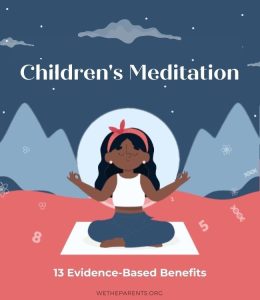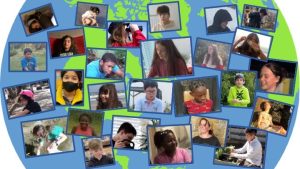
Zooming Out to Zoom In
The author describes how virtual parent support groups expanded access for families of complex outliers (twice-exceptional and profoundly gifted), reducing isolation and enabling cross‑timezone participation, shared resources, and flexible involvement. She invites parents to join or train as SENG SMPG facilitators to build wider supportive communities.




